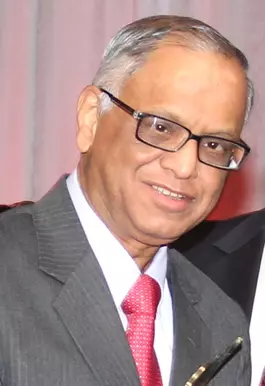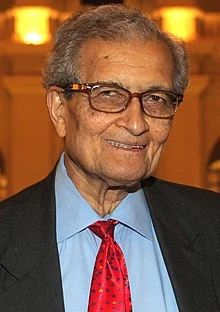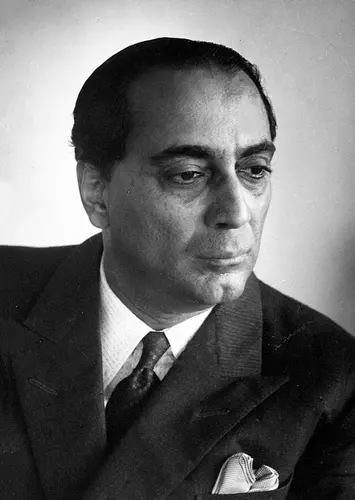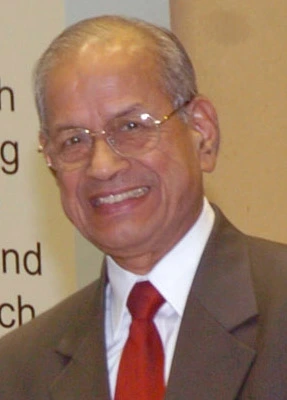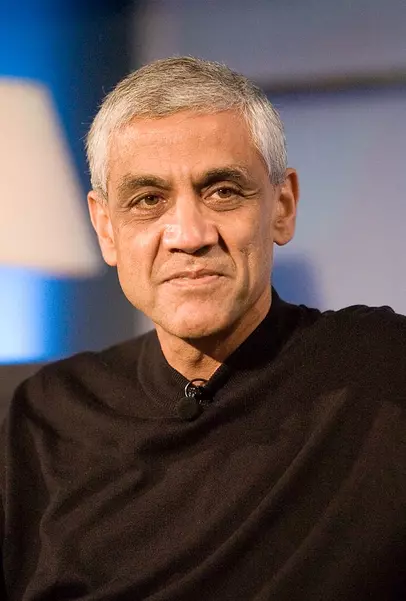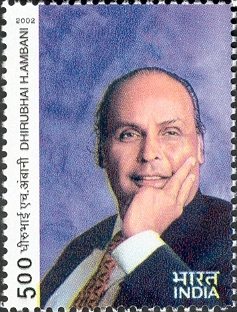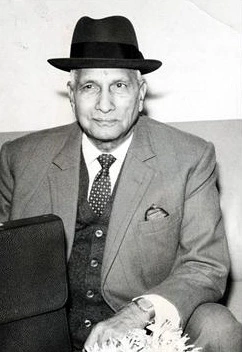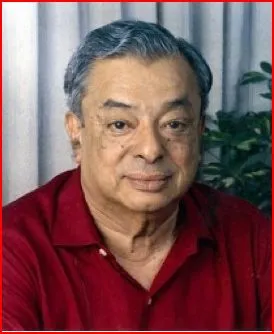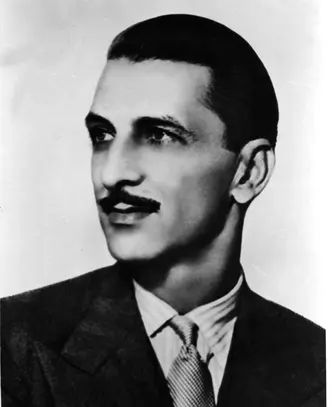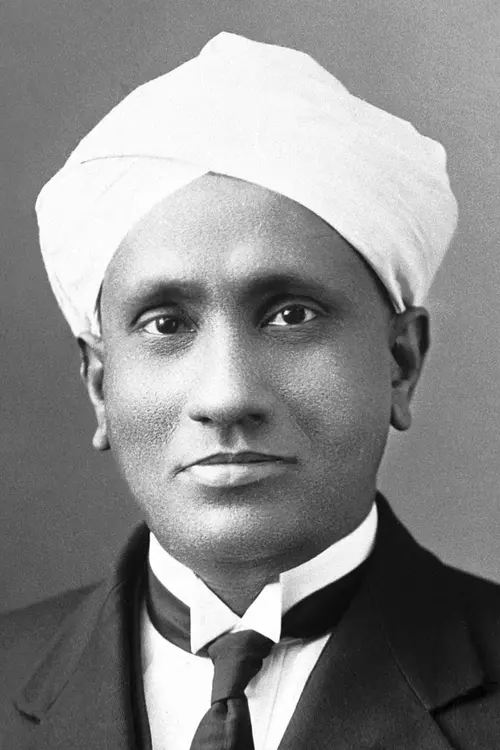About - Vikram Sarabhai
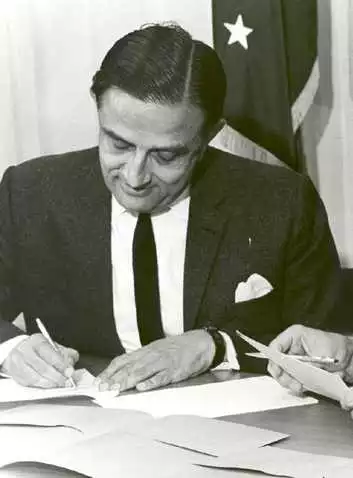
Vikram Sarabhai, also known as Dr. Vikram Ambalal Sarabhai, was an eminent Indian scientist and visionary who made significant contributions to the fields of space research and nuclear physics. He is widely regarded as the father of India's space program. Here is a brief biography of Vikram Sarabhai:
- Birth: Vikram Sarabhai was born on August 12, 1919, in Ahmedabad, Gujarat, India.
- Education and Career: Sarabhai completed his early education in Gujarat and later pursued his higher studies in the United States. He obtained his Bachelor's degree in Physics from Gujarat College and went on to earn his Ph.D. in Cosmic Rays from the University of Cambridge.
- Establishing Research Institutions: Sarabhai played a crucial role in establishing various research institutions in India. In 1947, he established the Physical Research Laboratory (PRL) in Ahmedabad, which focused on studying cosmic rays. He also founded the Indian Institute of Management (IIM) in Ahmedabad and the Nehru Foundation for Development.
- Contributions to Space Research: Sarabhai is best known for his contributions to India's space program. He laid the foundation for the Indian Space Research Organisation (ISRO) and played a key role in the establishment of the Thumba Equatorial Rocket Launching Station (TERLS) in Thiruvananthapuram. He also initiated the development of India's first satellite, Aryabhata, which was launched in 1975.
- Awards and Recognition: Vikram Sarabhai received numerous awards and honors for his outstanding contributions. He was honored with the Padma Bhushan in 1966 and the Padma Vibhushan posthumously in 1972, both being prestigious civilian awards in India.
- Legacy: Sarabhai's vision and efforts paved the way for India's remarkable progress in space research and technology. His emphasis on using space technology for societal development, particularly in the areas of communication, education, and weather forecasting, has had a profound impact on India's space program.
- Death: Vikram Sarabhai passed away on December 30, 1971, at the age of 52, in Thiruvananthapuram, Kerala, India.
Vikram Sarabhai's contributions to science, particularly in the field of space research, have left an indelible mark on India's scientific landscape. His visionary ideas, dedication, and leadership continue to inspire generations of scientists and researchers in the country.
Vikram Sarabhai Social profile links
| Date Of Birth | 12-08-1919 |
| Birth Place | Ahmedabad, Gujarat, India |
| Wikipedia Page | Click here to visit Vikram Sarabhai Wikipedia page |
“Famous Quotes
Here are a few quotes by Vikram Sarabhai:
1. "Research is not just theoretical knowledge; it is a pursuit of finding solutions to our problems."
2. "We must develop an active research program in order to understand and solve the problems of our country."
3. "The purpose of education is to train the mind to think, not to memorize."
4. "There are some who question the relevance of space activities in a developing nation. To us, there is no ambiguity of purpose. We do not have the fantasy of competing with the economically advanced nations in the exploration of the moon or the planets or manned space-flight. But we are convinced that if we are to play a meaningful role nationally and in the community of nations, we must be second to none in the application of advanced technologies to the real problems of man and society."
5. "Man's desire to explore the unknown is part of his nature, and the development of science and technology is the means by which he does so."
6. "Science is a beautiful gift to humanity; we should not distort it."
7. "A research institution is not a static thing. It is a dynamic institution which is never finished but is always developing, adapting, and improving."
8. "The opportunities of modern science are limitless, and we owe it to ourselves to utilize them fully for the progress and welfare of mankind."
These quotes reflect Vikram Sarabhai's passion for scientific research, his emphasis on the application of science and technology for societal development, and his belief in the power of education and exploration.


